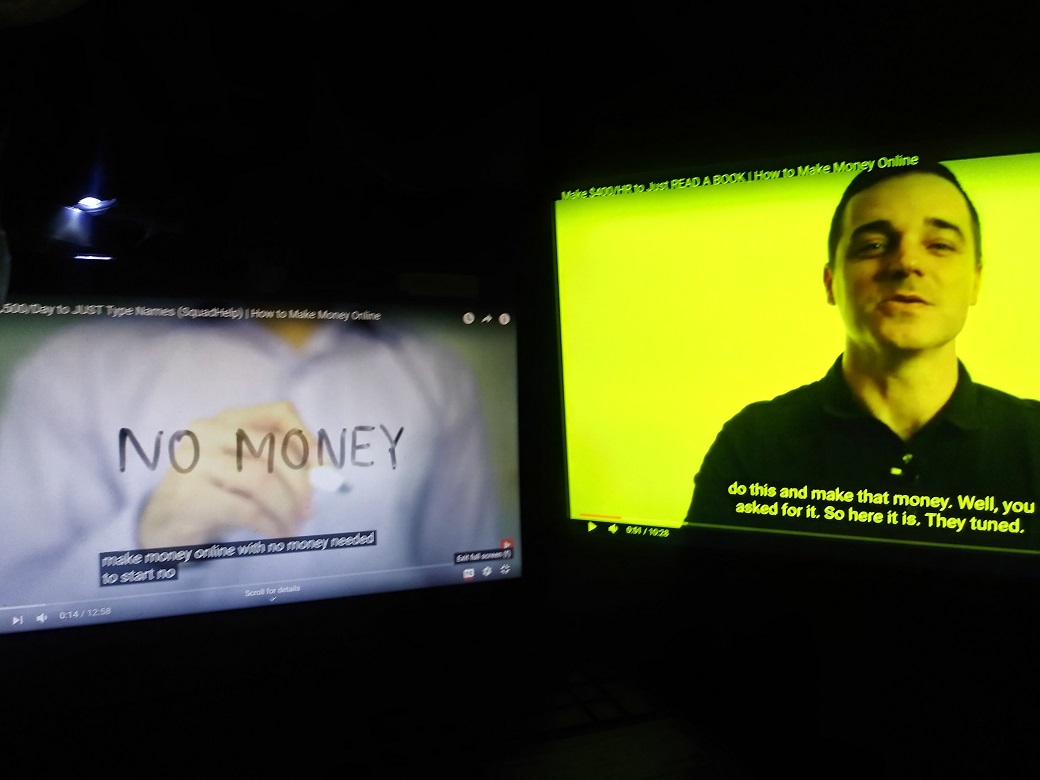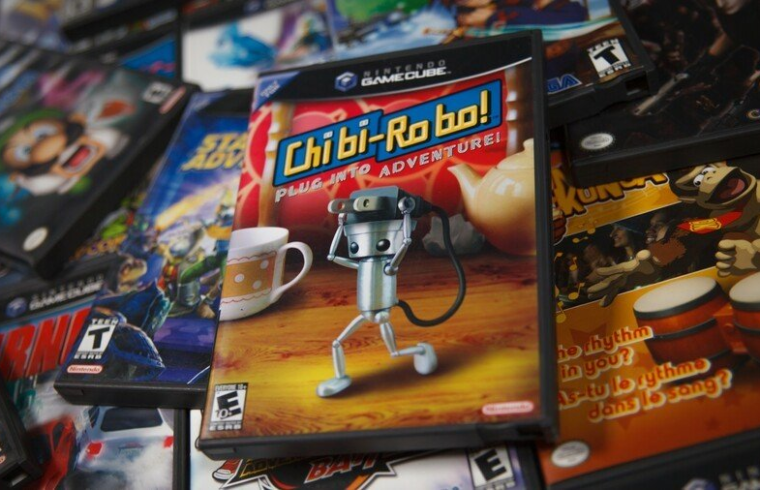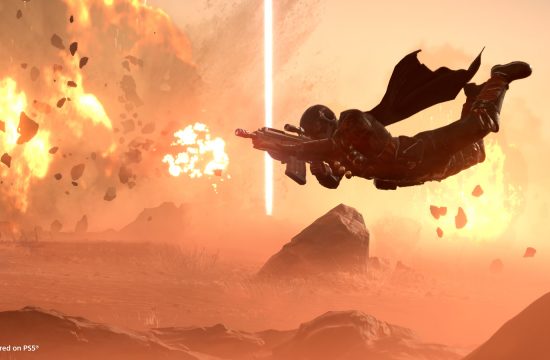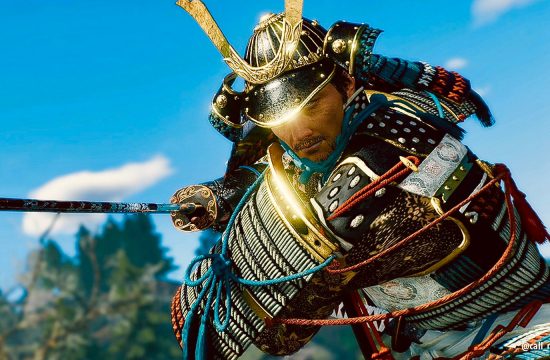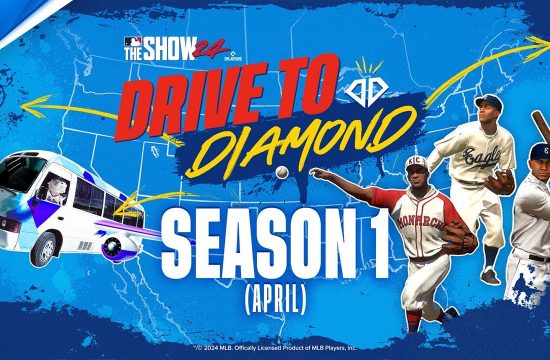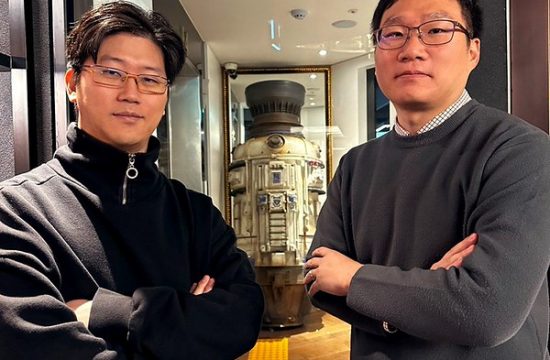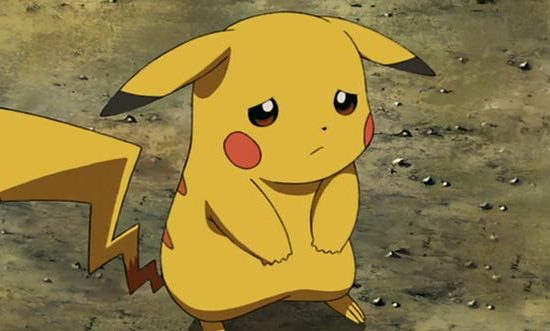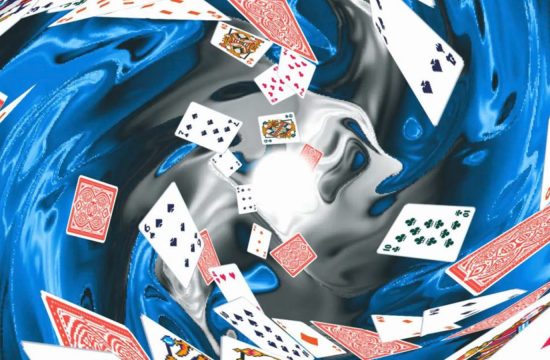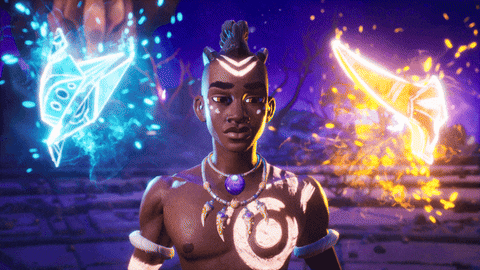 © Nintendo Life
© Nintendo Life
It’s happened to everyone at one time or another. Whether due to changing life circumstances or sheer curiosity, most of us will have looked at our video game collection and wondered how much hard cash we could get for it. We’ve interviewed serious collectors in the past and gazed longingly at row upon row of rare treasures, but the majority of us gamers make do with a much smaller selection of carts stashed in a drawer or lined up in a Billy bookcase. Most of us don’t have mint sealed copies of Japanese curios or one-of-a-kind prototype hardware, either. Nope, our well-loved copy of Super Mario Bros. 3 wouldn’t fetch much, not that we’d ever part with it.
You see it on eBay… the seller has simply multiplied the number of games they’ve got by $60.
Still, sometimes the bug to downsize and sell off bits and pieces takes us. This writer, for example, decided to it was time to sell a couple of dusty games and free up some shelf space. Reasoning that updated Switch versions were probably incoming, it seemed a waste to keep Killer7 for GameCube and the Metroid Prime Trilogy disc for Wii simply for the sake of it, and so on eBay they went.
Obviously, they were snapped up and three days later they were winging their way to new homes and I was left with a minor cash injection and two DVD cases’ worth of extra space on the shelf. My newfound funds were quickly swallowed by a bill or petrol for the car or some other mundane thing I didn’t keep track of and I instantly wondered if I’d made the right decision.
Ultimately I have no regrets – I’m still convinced we’ll see them on Switch before long – although I’m glad I didn’t follow that original train of thought further and auction my NES off as well. Still, with retro games getting more valuable by the year and digital distribution meaning there are usually multiple other ways to play those games, the desire to cash out can sometimes be attractive. While video games remain one of the best value forms of entertainment available, it’s easy to look at a collection and imagine dollar signs corresponding to the thousands you’ve spent on them over the years.
You see it on eBay; giant collections listed for improbably high sums, and although the lots contain the odd high-value gem, it appears that the seller has simply multiplied the number of games they’ve got by $60. For the most part this is ludicrously wishful thinking. You wouldn’t expect the same if you were selling your DVD collection, would you? It seems delusional to rely on attracting a single collector whale to swoop in for your retro game stash with a five or six-figure cheque.
Then again, crazy things do happen. A mint copy of Super Mario Bros. sold for a record-breaking $100,150. The upcoming sale of the Nintendo PlayStation is expected to fetch well over $1 million. Entire console libraries are sold for thousands to collectors looking to pick up every game on a system without the fuss of hunting them down individually. Whales do exist, although personally we don’t have the bait to catch them. So, what treasures do we have on our shelf?
 © Nintendo Life
© Nintendo Life
Not much, it turns out. At the time of writing Computer Exchange – a Europe-wide retailer that specialises in secondhand media – would pay us £812 for a mint PAL copy of Snowboard Kids 2 thanks to its rarity. A shame, then, that we don’t own that one. Why oh why didn’t we pick up the sequel to one of our favourite N64 games? Our mint copy of the original would fetch a measly £29, although ‘mint’ might be a generous description. It’s in good condition, but opening N64 boxes invariably led to cardboard creases, even if you were being careful. Very few of our NES or N64 games would get an A++ rating.
Any complete-in-box title in decent condition would likely recoup its original RRP, though, not adjusted for inflation. Perusing our shelves, the pristine copy of Conker’s Bad Fur Day would bring in over $100 according to Price Charting, and we could get similar amounts for Probotector on NES, Chibi-Robo and Majora’s Mask. Not bad, but we won’t be jetting to the Seychelles on those earnings.
 © Nintendo Life
© Nintendo Life
A survey around the office at Nintendo Life Towers yields better results, with some staff members not having this writer’s limitations when it comes to storage space or smaller family members gnawing on a near-perfect copy of Battletoads & Double Dragon before spitting the torn, gummy remnants of the box at the cat.
Going around the office there are plenty of individual games which could finance a decent night out. Invader for the GBA could potentially bring in $250, Castlevania II: Belmont’s Revenge for Game Boy has a going rate of £150 (not bad for a 12 quid investment back in 1998) and San Francisco Rush 2049 could net us nearly $500. Lovely NL video chap Zion has an enviable 400 DS games in his collection so far (you’ve all seen that beautiful wall of games in his videos), which could fetch something, no?
Perhaps more interestingly, over the years we’ve also had the privilege of occasionally meeting industry luminaries and personal heroes. It’s hard to put a price on a 3DS signed by Charles Martinet, for example, let alone a 3DS signed by Martinet, Takashi Tezuka and Shigeru Miyamoto, but they’ve got to be worth something. Then there’s the game-related collectibles. A full set of six Sanrio x Animal Crossing amiibo cards would bring in around $300, and how about a K.K. Slider amiibo signed by Hasashi Nogami? Your guess is as good as ours.
 © Nintendo Life
© Nintendo Life
The thing is, though, we’re not talking about life-changing sums here, and nobody gets rich buying and selling video games. We might be able to scrape a couple of months’ rent, but even a significant collection doesn’t represent a nest egg to retire on and the time and effort required to find the right buyer for your gear also eats into its value. The internet makes things easier, but you’ve still got to find someone willing and able to pay for your game whether it’s a Black Box NES title, Stadium Events, a Nintendo World Championships cart or Editor Damien’s Mega Drive copy of Castlevania: Bloodlines (worth £300-£400 “depending on who you ask”). Sometimes needs must, and it might be worth selling a treasure to fund a new console or fill your gas tank, but nobody is living off the sale of their retro collection for long.
The libraries of media we’ve built up over the years will invariably end up in landfill when our descendants see no value in them
To satisfy our curiosity we totted up (via Price Charting) the amount we’d get for selling our entire PAL GameCube collection – that’s 26 games, plus the console, Wavebird, a white controller and a pair of DK bongos, all CIB and in great condition. Apparently, the going rate for every GameCube-related thing we own is $670.46. We use dollars because it looks more impressive in dollars, although maybe we should switch to yen.
Your reaction to that sum will obviously depend on your circumstances – for some that’s a huge amount of money, and for others if wouldn’t cover a month’s utility bills. We weren’t sure what to think really. It’s a decent wodge of cash which would cover the car insurance for a year, but it somehow feels a bit paltry given the years of intangible pleasure we’ve got from our ‘Cube.
This is all academic anyway – we ain’t selling. We might have periodically shaved our collection down in the past, but tied up in every box still on our shelf is a memory – not just of playing the game, but of opening it, reading through the manual because we weren’t allowed to play until after dinner, carefully cutting out the logo from the bottom of the box to stick on the spine of our Nintendo-branded plastic N64 cart cases (thankfully we found most of the logos from magazines, although ISS 64 is missing a section of its bottom flap). You can’t put a price on memories like that. Just as well, really, because no-one would pay what we’d ask for anyway. No wonder people charge so much for complete libraries.
Even if we had the means to purchase entire software libraries, we’re not sure we would. Convenience aside, it eliminates the thrill of the hunt that makes collecting at any level so addictive. There’s something exciting about hitting your local retro gaming shops or fleamarkets in search of a treasure. Unearthing some dusty artefact in amongst the questionable odours and junk of a second-hand shop makes us feel like a modern-day Indiana Jones digging up priceless antiques for our personal museum. Steadily building and curating a collection is the attraction for many people, not just hoarding and trading entire libraries like stock.
When we talk about our ‘personal museum’, we have no interest in gatekeeping things that could be lost. This should be obvious given that we’re not in possession of such treasures anyway, but we’re firmly in the camp of the video game historians looking to save and distribute as much as they can – people like Frank Cifaldi over at the Video Game History Foundation and the preservationists which banded together to buy and dump the Satellaview version of Cooly Skunk. No, our museum really is a ‘personal’ one filled with our own trinkets. It’s just nice to have little library, no?
Keeping our personal copy of Ocarina is like keeping Tolstoy or Shakespeare on the shelf
That’s an increasingly old-fashioned way of thinking. The banks of physical media we’ve built up over the years will invariably end up in landfill when our descendants see no value in them, just as many of us cleared out our VHS tapes to make room for DVDs, which have since been turfed out for Blu Rays or hard drives. Ultimately, it’s all just data storage, and the smaller, the better.
So, our copy of Conker and the other usual suspects – the Marios, the Zeldas, etc – are mini memorials, testaments to digital experiences and a form of record; proof that we haven’t frittered away our youth on ‘nonsense’. Keeping our personal copy of Ocarina is like keeping Tolstoy or Shakespeare on the shelf – even if you haven’t read it for years, who in their right mind would sell it? All those memories!
 © Nintendo Life
© Nintendo Life
Perhaps that’s why $670.47 feels a bit paltry compared to the personal value we put on our GameCube games. Perhaps that’s why people expect to earn tens of thousands for their entire gaming collection. You can’t assign a dollar value to memories, can you?
What’s the most valuable game in your collection? Would you regret selling it for a tidy sum, even if you have access to it by other means? How much would you be prepared to let your collection go for? We’ll be taking a look at some of the most expensive Nintendo games on the market soon, but until then let us know your tales of sales – and regret – below…

